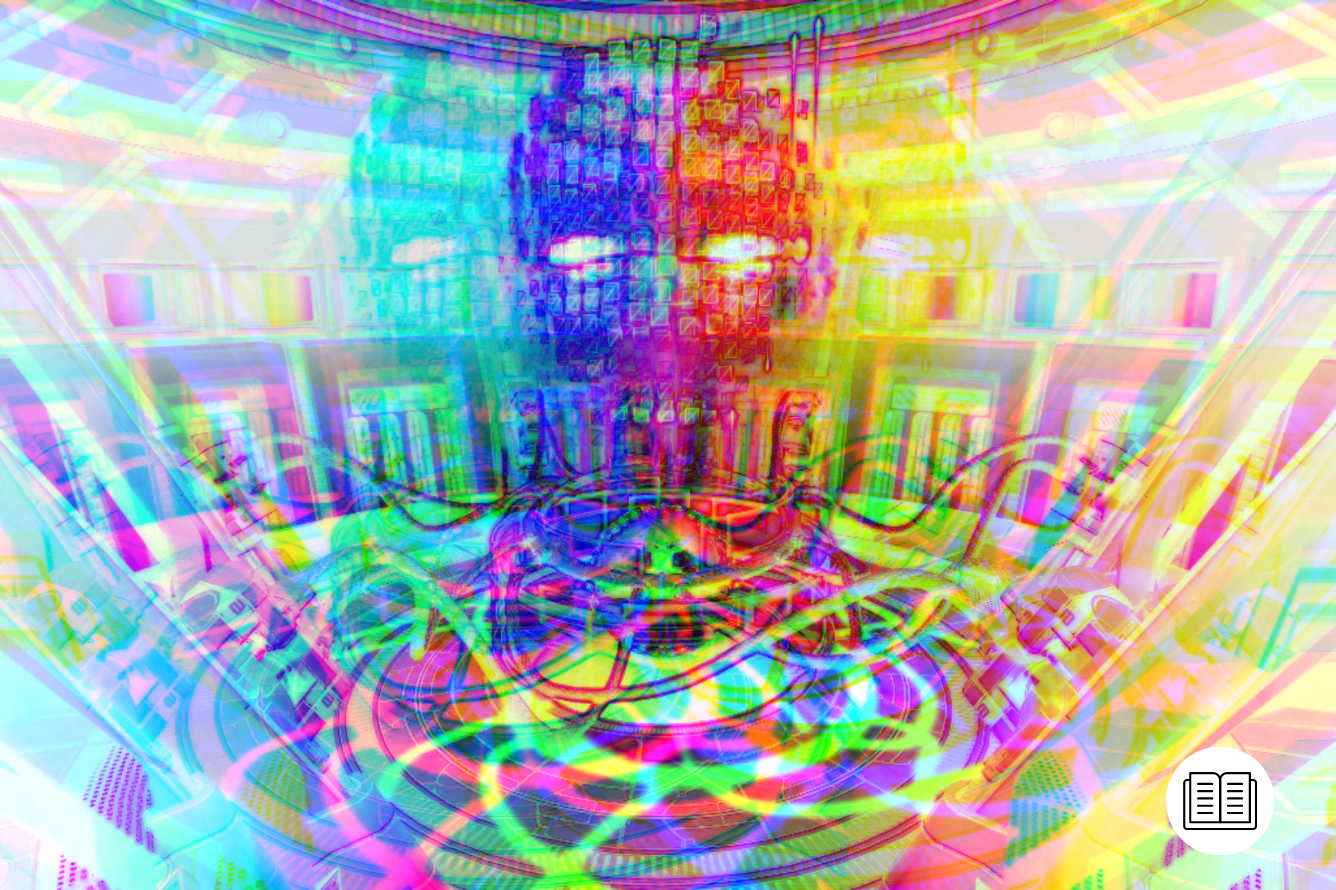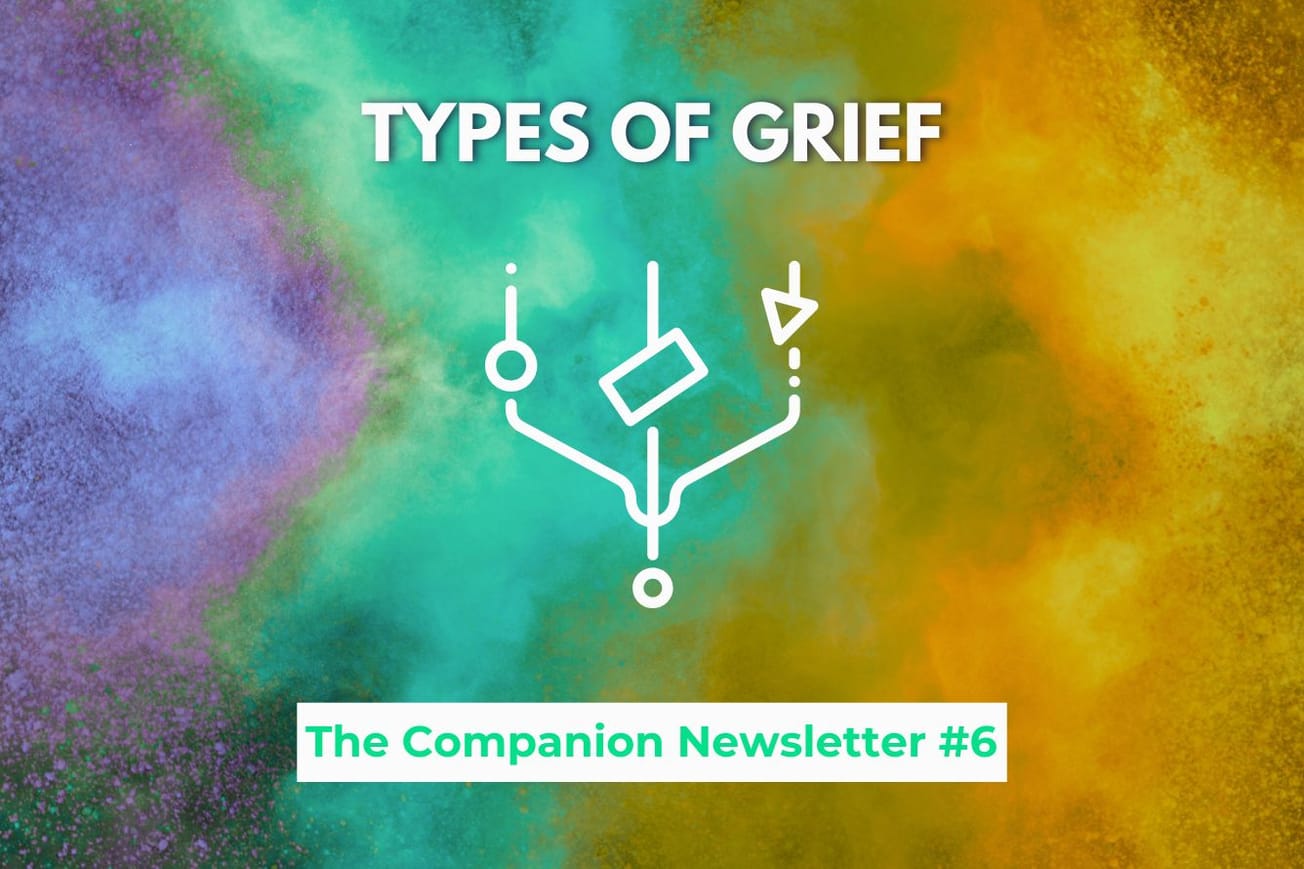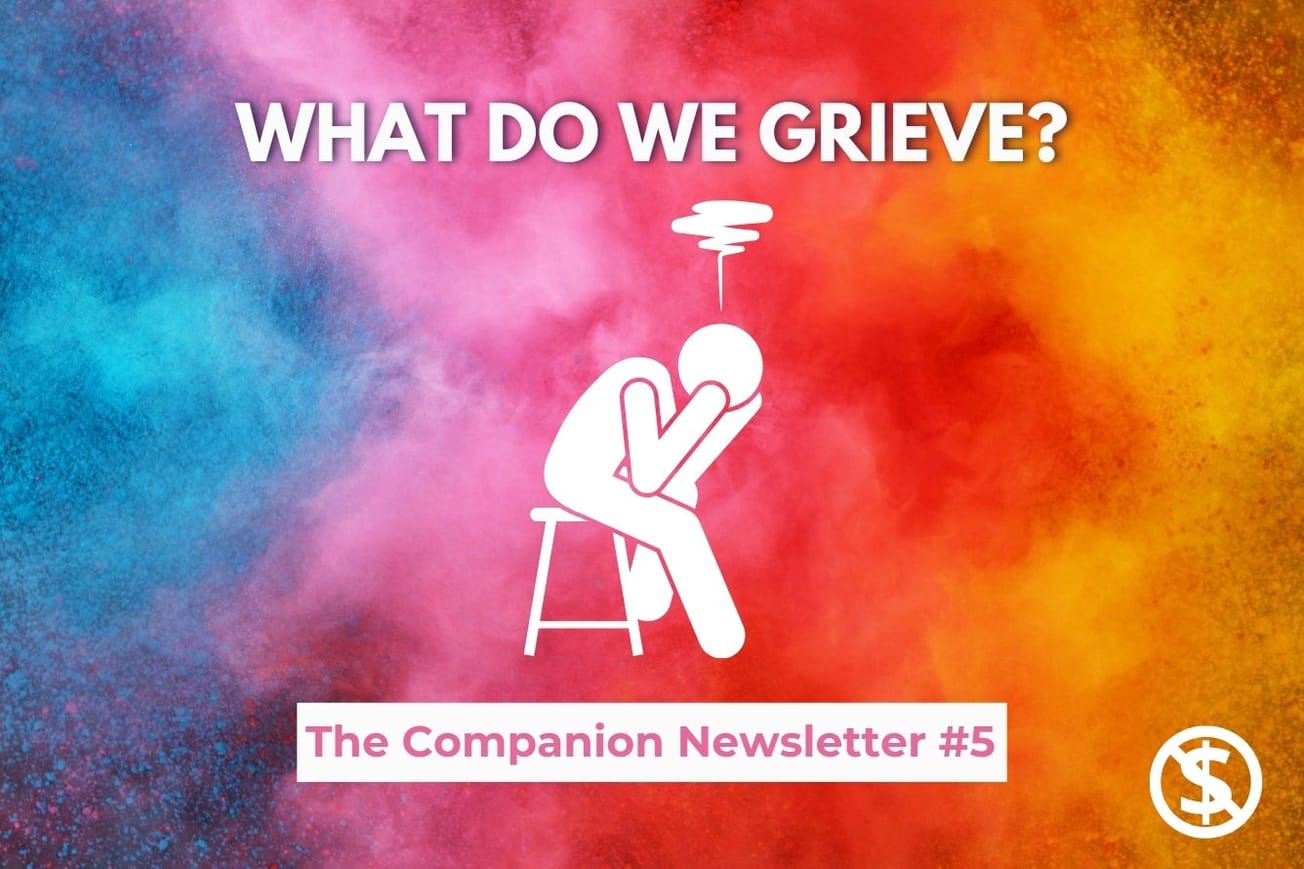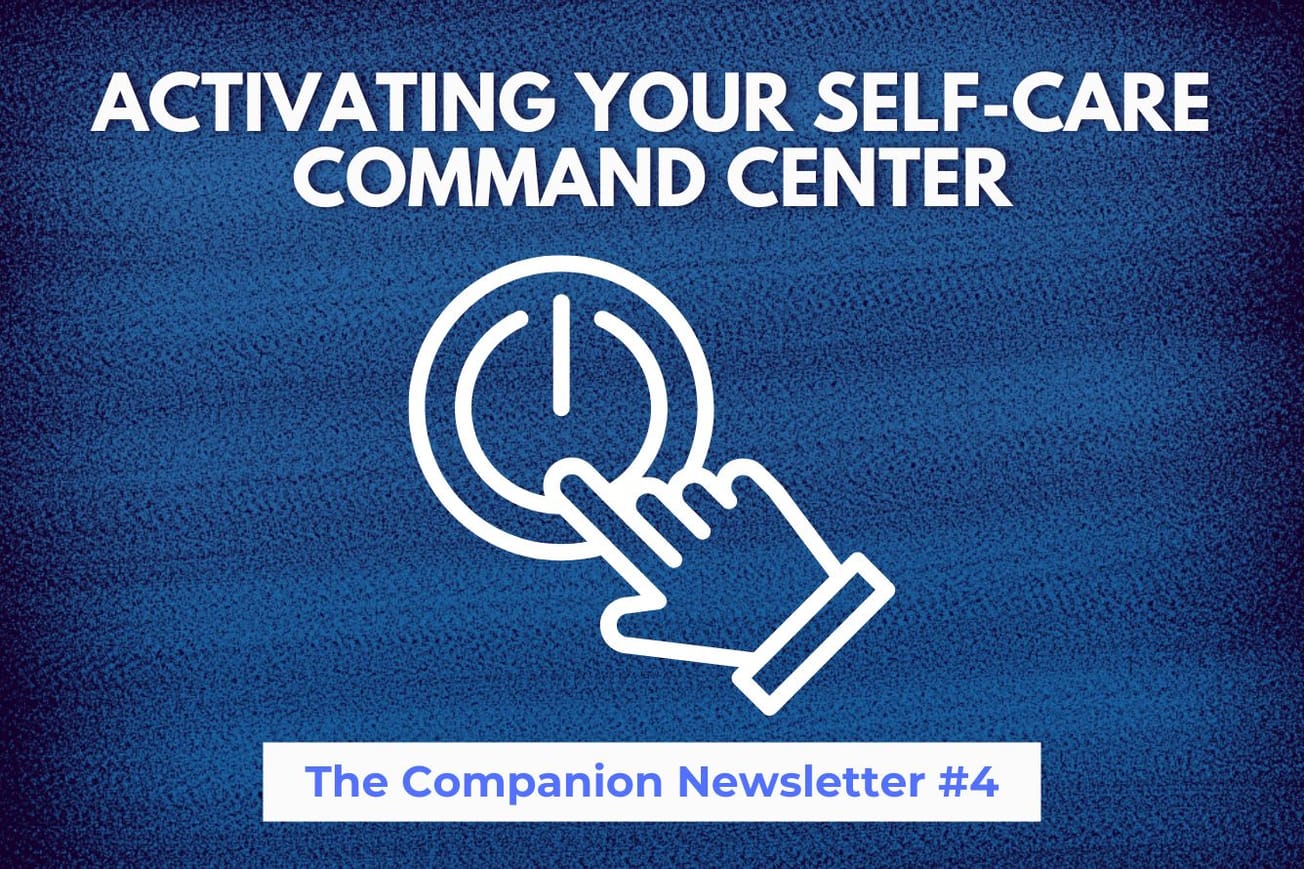Mass Effect is an iconic franchise both in video games, and science-fiction at large. For a generation, this saga allowed people to not only witness a glorious space opera, alien races, and the future of humanity but participate in it themselves.
The primary trilogy of games ostensibly centers around Commander Shepard, a decorated and skilled soldier who gets thrust into a massive galactic conflict but is truly designed around the player. Commander Shepard is a cipher and can be whoever the player wants them to be; the character may be customized to the player’s satisfaction, whether that be gender, appearance, background, or abilities.
The emphasis on choice in the creation of each unique Commander Shepard is carried through almost every fiber of the games’ narratives. While the players decide what their Shepard looks like, how they act, who they sleep with, as well as who lives or dies in given scenarios, the universe of the game adapts and leaves Commander Shepard, the player, to face down the consequences.
The second game in the series, Mass Effect 2 (2010), remains a personal favorite. It deftly walks the line between increasing the scale of the game’s conflict while anchoring the story in personal relationships and isolated, local stories. Choices abound in almost every section of the game: every mission, every companion, every conflict, with each decision adding up to how the game’s ultimate ‘suicide mission’ will pan out. There is, however, one section of content in which there are few choices and where the player is effectively forced into playing through and discovering the horrors of what happened. This was a form of optional content, known as downloadable content (or DLC, for short), and was called Overlord.
This optional piece of side content wound up being the most personally traumatizing video game experience I have ever had. The way that it related to myself, and my brother, was uncomfortable at best and incredibly disturbing at worst. I told myself that I would never play through the content again, but with the remastered Mass Effect Legendary Edition (2021) having been released, I thought I would give it another try. I thought that perhaps time and maturity would have given me the increased constitution to play through this content without being so affected.
I was wrong.
"The square root of 912.04 is 30.2... It all seemed harmless." - David Archer, Mass Effect 2: Overlord (2010)
Family Matters
My brother, Kurt, is fascinated by space. He has every planet in the solar system memorized—including Pluto, sorry Neil—and routinely loves to describe pretending to dress up as an astronaut. The concept of aliens makes him smile and giggle, and he loves to add them into his drawings wherever they are appropriate and sometimes where they are, well, quite alien. This all might sound cute and not particularly out of the ordinary for a small child, but Kurt is my older brother and is approaching 30 years old.
A nagging source of sadness and frustration throughout my entire life has been recognizing the sheer number of medical struggles my brother has to overcome on a daily basis and that there is, for the most part, absolutely nothing I can do. Kurt has what is now considered ‘Level 3’ autism, or what used to be referred to as ‘severe autism’. Without delving too much into the various symptoms of autism spectrum disorder (ASD) and how the lives of those on the more extreme end of the scale can differ from the popular conception of Autism, I shall try to summarize how it impacts my brother’s life.
For one, he is functionally non-verbal; my brother can make noise and repeat words that he sees and hears as best he can, but cannot really communicate on any fundamental level. I still understand him, arguably better than anyone else, but that has to do more with our connection rather than his actual communicative skills.
I have never once had a conversation with my brother in our entire lives and likely never will. Beyond that, he has little to no understanding of what constitutes socially appropriate interactions or emotions beyond a very generic profile of them. Within his own mind, his outward emotional response is opposite from what it would be in a normal person, such as compulsively laughing when in pain. He will likely permanently be at a cognitive level of a single-digit child for his entire life, easily becomes over-stimulated, and has repetitive tics that he needs to express in order to help himself stay calm. In addition to all of this, he also has Tourette’s syndrome, epilepsy with grand mal seizures, clinical obsessive-compulsive disorder, and a number of other medical obstacles.
Despite all of that, Kurt is the happiest person I have ever known. He finds wonder in almost everything and can fully enjoy things over and over again without losing that initial sense of satisfaction. Even without a full understanding of emotional nuance, my brother tries his best to make others happy and help them when he thinks something is wrong. If someone ever cries, Kurt will find the nearest relatively soft object (it could be tissues, napkins, or paper), and then try to press it into the other person’s eyes so they stop crying; often, the way he does it makes the crying person laugh because his attempt at helping is just so amusing and adorable. Similarly, if anyone is ever congested or sneezes, he brings them something to put to their nose and then makes an example of breathing in through his nose—since he does not understand that to blow one’s nose is to push air out and not in—and will not leave until the other person breathes in through their nose in an equally exaggerated fashion. In Kurt’s mind, that means they are cured.
In terms of responsibility and care, there has almost always just been my mother, my brother, and myself. For as long as I can remember, I have been a de facto caregiver to Kurt, an assistant in many things to my mother, and the overall rock of the family. As a result of this, Kurt and I have an incredibly unique bond; he and I are closer than most brothers normally are, in spite of his limitations, and I love him dearly. A golden rule for caregivers is frequently thrown around, and generally states that in order to be the best caregiver, one must take care of oneself first. As I am sure most caregivers can attest, there is a kernel of truth in there and it sounds delightful in theory but can be near impossible to fully implement in reality. When a caregiver is able to take care of themselves, they are able to relax and destress and be the best possible worker for whoever it is they are caring for. Circumstances of care can easily negate those opportunities, though.
For those in such predicaments, the relentless stress of being a caregiver and the physically taxing nature can lead to an abundance of frustration that might cause snapping at the person being cared for. It is at this point that I would like to disclose that I have never once in my life hurt my brother and that I never would. In point of fact, when things begin to boil over, I am more likely to hurt myself than anyone else. With that said, there have been times where the frustration and stress became too much and I was not as compassionate or patient with Kurt as I could have been, and those moments eat away at me and will continue to. If I could lie and say that I have been nothing short of a perfect sibling and caregiver, I would. The truth is, I have made mistakes in caring for my brother, but I always put his best interests first, never hurt him, and would never subject him to the kind of horrors that I saw in the Overlord content of Mass Effect 2.
"Quiet! Please, make it stop! Quiet! Please, make it stop!" - David Archer, Mass Effect 2: Overlord (2010)
Communicating with A.I., and Losing Compassion
The set-up for the mission that begins Overlord is a familiar one: a top-secret research facility sent out a distress signal and then went dark. In typical video game fashion, Commander Shepard, as the protagonist, is considered the one-stop shop for getting results in a literal galaxy and is then tasked with going to the facility, learning what happened, and solving the crisis.
Upon first arrival at the facility, there are corpses, Matrix-esque visuals on all screens, and high tensions. During my first playthrough of this, I could feel my nerves heightening but they were also tempered by my anticipation of tropes—let me guess, a rogue machine rebelled against the human scientists, everyone is dead, now I need to stop the machine and go on my way. I expected there to be variances along the way, but nothing so extreme as what I actually got.
The only apparent survivor of the massacre was the head of the research project, Dr. Gavin Archer. When asked what happened, Gavin states that the goal of this facility was to create a hybrid of human and artificial intelligence in order to better communicate with and further understand the Geth. Gavin then mentions how his brother, David, volunteered for the trial but that things went wrong and the A.I. overpowered him, leading to this situation where a rogue, sentient virus has taken control, killed everyone, and is looking to escape the confines of the facility.
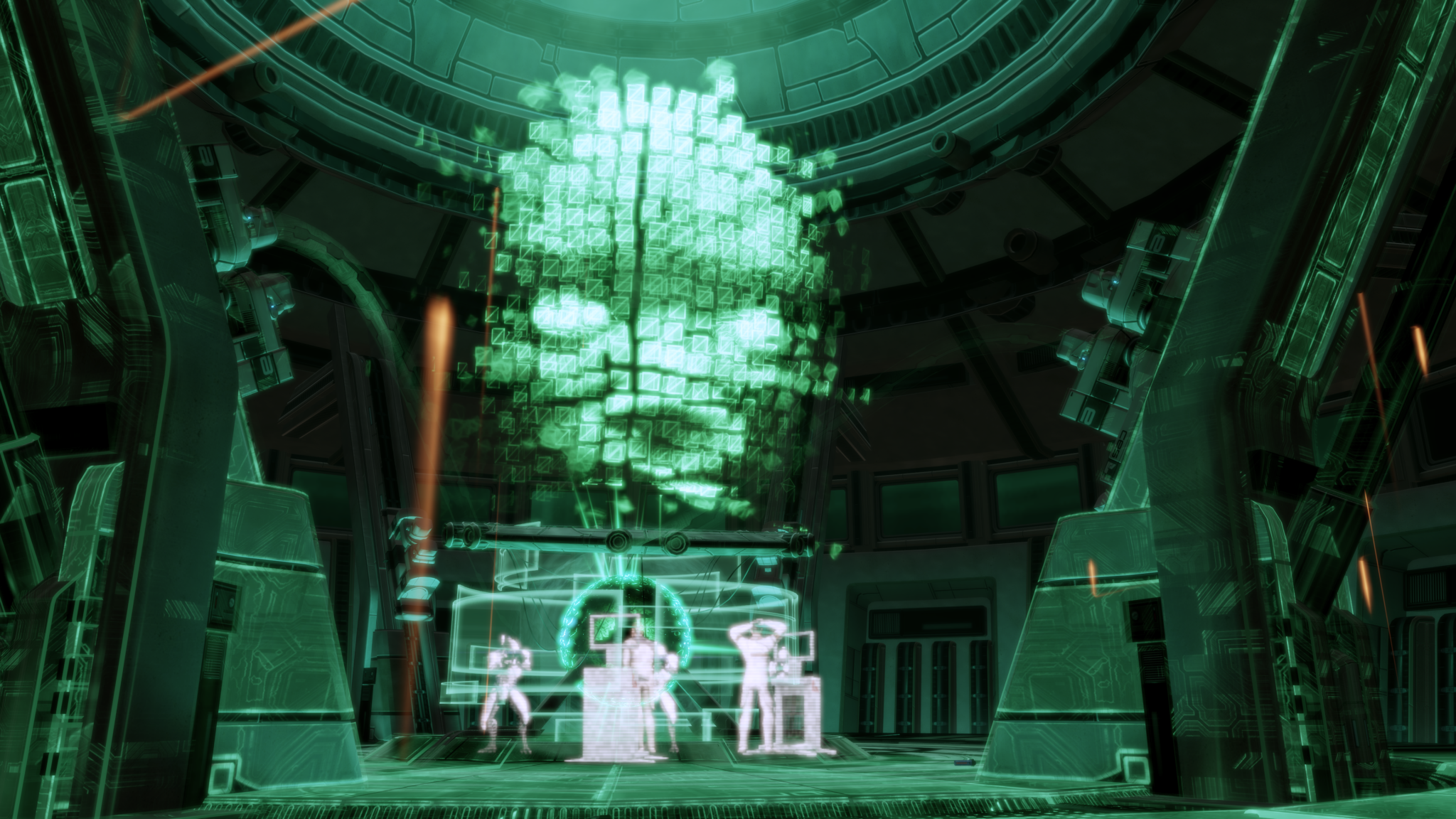
For context, within the story world of Mass Effect, the Geth are a collective of synthetic beings that operate on a type of hivemind using advanced artificial intelligence. The Geth have repeatedly shown themselves to be capable of being a serious threat but the ability of other species to interact with or communicate with them is quite limited when it is not outright nonexistent.
A little prying into that initial conversation with Gavin reveals that his brother’s “autistic brain” allowed him to interact with the Geth in a way no other had and far beyond what they had been able to do thus far. It was at this point in my original playthrough, years ago, that I began to feel uneasy. My brother also has a gift with technology and though he cannot communicate with people, it is almost as though he can speak a technological language that just allows him to near immediately understand and access technology. To hear that a character like my brother had supposedly volunteered to interact with technology and then was overpowered was horrifying to me as I could not help but imagine Kurt in that scenario. What made me even more uncomfortable back then, and infuriated on each subsequent playthrough, is that looking at Dr. Gavin Archer felt like looking at myself.
For all intents and purposes, Commander Shepard is my avatar in the world of Mass Effect. I make all the decisions for the character, it follows my will, it is a reflection of myself in that virtual universe—but Commander Shepard is not similar to me as an actual person. Instead, the character most similar to my own life is Gavin Archer. A research-oriented man with a severely autistic brother who must be cared for at all times; in fact, when I originally played through the Overlord content, I wanted to be a research scientist, I wanted to have the job that Gavin Archer holds in that storyline. My avatar was staring down a version of myself while a version of my brother was suffering.
While progressing through the research facility, the rogue A.I. will occasionally possess electronics and let out a startling sound. According to the captions, that sound is “unintelligible”, but the end of the storyline makes that sound painfully clear. While advancing through the storyline, tidbits of information become available and all of it only served to make the experience worse for me. In one moment, it is mentioned that David has an eidetic memory, which Kurt also has; across many instances, it is reinforced that David has repetitive verbal tics which is something that my brother also does every single day. Each touch of insight into David and his relationship with his brother was supposed to create a growing sense of unease and tensions in players, to clue them into the increasingly sinister nature of this story; however, for me, they were just making the experience more traumatizing with each clue driving this fictional story closer and closer to home, to my real life.
Towards the end, certain moments from the past become visualized and Commander Shepard has to watch them in order to carry on. Some of the aforementioned clues and insights come from these but there was one in particular that cut me to the core. In that visual memory of David’s, he is in a loop of doing repetitive verbal tics while Gavin is trying to get him to do something else; Gavin gets frustrated, impatient, then verbally snaps at David before apologizing. It was like watching one of my own memories, one of those moments where tensions had been building, I am just trying to get my brother to do something simple that needs to get done but he cannot stop ticking and, in an instant, I raise my voice a little too much when telling him to stop and focus.
My brother does not understand emotional nuance and I constantly worry that in those moments, he thought I did not love him or that he had done something wrong; I worry that he will not be able to understand my apologies and go on thinking that whenever he revisits those moments, if he ever does. Being forced to watch this game’s version of myself doing something negative to its version of my brother that I had done in real life was horrific—was I that much like Gavin Archer? If I had done something that Gavin had done, did that mean I could do to Kurt what Archer did to his own brother in the end?
That so-called unintelligible sound from the very beginning of the content turns into words at the end. When David is found, being tortured by having been filled with electrical tubes and having his eyelids constantly pulled open by metal prongs, that virtually distorted screeching can be heard as his soft, English voice saying, “Quiet! Please, make it stop!”
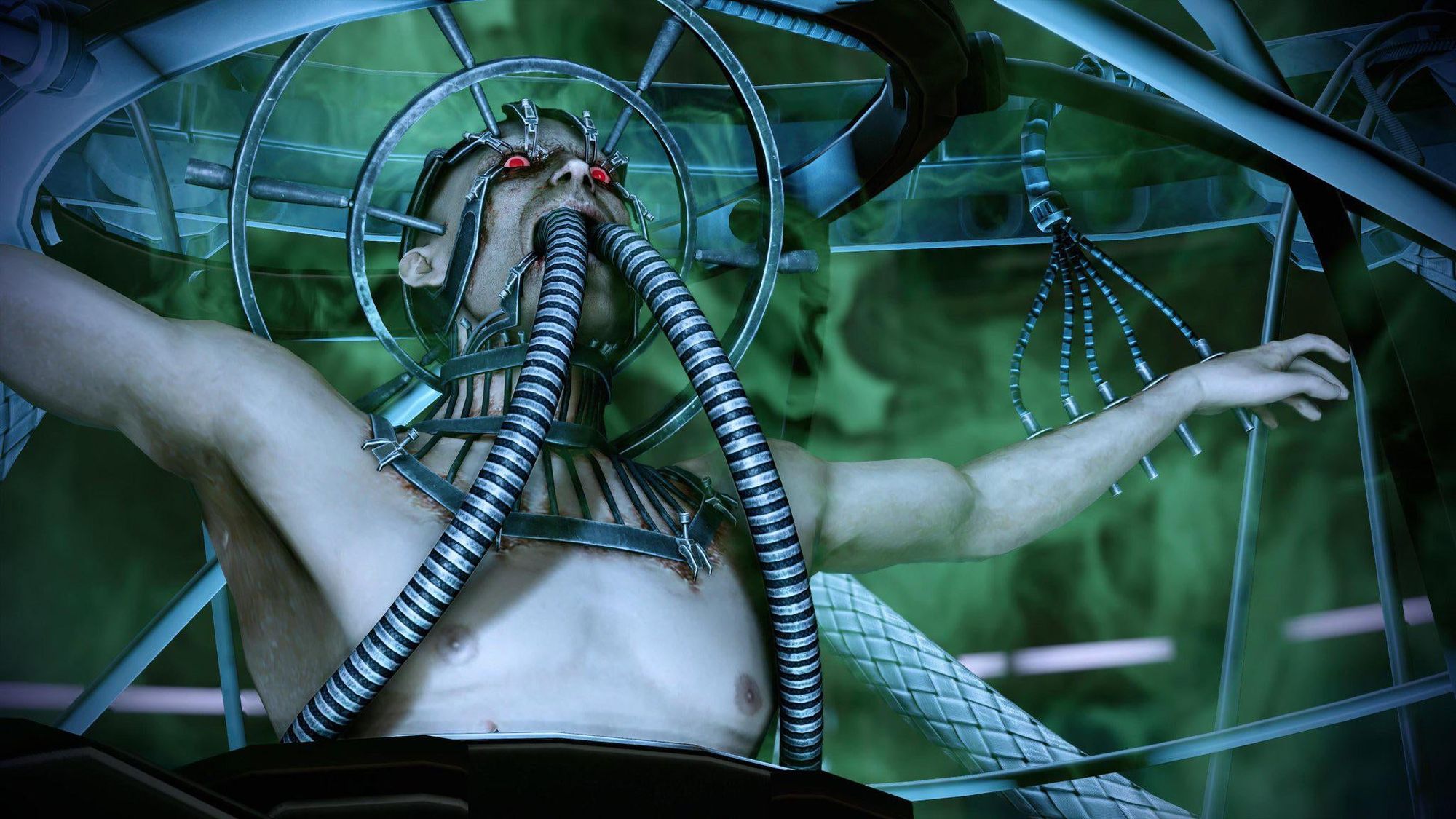
I cried the first time I reached that moment and heard that revelation. It was partly because of the visual horror of that circumstance, but mostly it was the way that David said, “please,” was almost identical to the way Kurt says it whenever he goes, “Help, please.” That is my brother’s go-to phrase whenever he needs anything, whether it be actual help or because he wants me to grab him a sheet of paper because he does not want to reach ever-so-slightly across the table for it. I cried because in that moment, I was hearing my brother and through that, it was as though I was seeing him hooked up in that monstrosity and being tortured. The fact that David had been put there by his brother meant that when it felt to me that Kurt was there, it meant that I had put him there. As the tears subsided, I was left with the haunting question of whether or not I could ever be capable of doing something like that to Kurt.
Then, Dr. Gavin Archer enters the room. His presence is only noticed when he finishes one of David’s repetitive verbal tics, again similar to how I would with Kurt. In that moment, I wanted to kill Gavin as I hoped it might kill my fears that I could ever mistreat my brother. Even playing it again, I always want to kill Gavin, yet that option is never available. There are only two options available to conclude the “Overlord” DLC: one is to take David away with you and put him into a top facility that will give him the care he needs, and the other is to leave David in Gavin’s care.
To this day, it offends me that the latter option is even there. Personally, I am opposed to putting my brother into a full-time care facility because I want myself and my family to be there for him but if there is ever a time where I cannot care for him, and neither can my mother, then I would want him in a good facility where he would never have to worry. At the end of this story, it is abundantly clear that Gavin cannot care for David, and given the option, Commander Shepard will say as much. I always choose to send David away as well as to chastise Gavin for what he did and daring to request that David be left with him. On some level, it is therapeutic; it is as though I am reinforcing to myself that I would save Kurt from anyone, even myself if it came down to it.
"I've been counting. The number of days you've lengthened my life." - David Archer, 'Grissom Academy: Emergency Evacuation' - Mass Effect 3
The Aftermath
For a while in Mass Effect 3, it feels as though there will be no mention or reference to the “Overlord” content or its aftermath. That is, until, Commander Shepard receives a notice that Grissom Academy, the facility where David was sent, is under siege. About halfway through that mission, there is a group of students huddled around, protecting themselves as best they can, and among them is David. He recognizes Commander Shepard almost immediately and I was overjoyed to see his character safe and sound, it was a smaller-scale version of the immense relief and joy I had when my brother was discovered unharmed after wandering off.
During the brief conversation with David, he mentions that he has been counting all the days his life has been extended by Commander Shepard’s intervention. David is not really seen again after that, but an update is given that he is taken in by the military and being kept safe while he helps them with some technical work. Given the awful feelings that came out of playing “Overlord”, these brief interactions regarding David are so appreciated; seeing David be okay and happy after everything that happened gives me a sense of relief that Kurt will be okay when I am away and that he can always overcome the struggles he faces.

Unfortunately, Gavin Archer can also be found in the third game. He is with a group of refugee scientists that need to be saved. When found, Gavin is working at a computer and does not really move from it when talking with Commander Shepard. I am appreciative that the default attitude towards Gavin is negative and aggressive considering the animosity I harbor towards the character for his actions against his own brother and for being the worst possible version of myself. Gavin never really apologizes for his actions but says that they haunt him, that he thinks about them every day and cannot escape them. Providing that David’s facility has already been evacuated, Gavin will say that he heard about the attack on David’s facility and that he was worried; if told that David has been rescued, Gavin will simply remark, “Thank you for saving him… both times.”
Still, after so many years, the parallels between the Archer brothers and myself and Kurt continue. These days, Kurt has been accepted into a wonderful day program at a nice facility for disabled adults; he gets to socialize, make new friends, play sports, do art, and even go out into the community and participate in the ways that he can. Thankfully, unlike David, my brother’s new program has not been invaded by ruthless aliens. Meanwhile, I am in another country, preparing for law school, and avoiding the stress of preparing for law school by writing articles online. Back when I originally played “Overlord”, I was terrified that I was the villain of that story. Looking back on it I realize that I am like Dr. Gavin Archer now more than ever before—not in the capacity of how he was in that DLC content but rather how he was in his brief cameo in the finale of the Mass Effect trilogy. Here I am, staring at a screen and being thankful for the quality treatment my brother is receiving from others while simultaneously being far away from him and reliving memories of our interactions every day.


